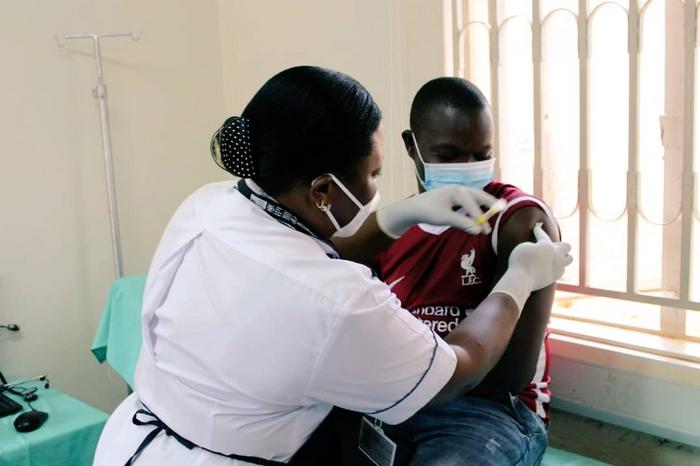A major HIV vaccine trial conducted in Eastern and Southern Africa has yielded disappointing results, with neither of the tested vaccine regimens showing efficacy in preventing HIV infections. The PrEPVacc study, which ran from 2020 to 2024, has revealed unexpected outcomes that have left researchers puzzled and highlighting the complex nature of HIV vaccine development.
Unexpected Results Challenge Researchers
The PrEPVacc trial, involving 1,512 participants across Uganda, Tanzania, and South Africa, tested two different vaccine combinations against a placebo. Surprisingly, both vaccine groups showed higher infection rates compared to the placebo group. However, the small number of infections overall and wide statistical confidence intervals make it difficult for researchers to draw definitive conclusions.
Dr. Eugene Ruzagira, PrEPVacc’s Trial Director, expressed the team’s surprise: “Seeing the imbalance between infections in the vaccine groups and the placebo was unexpected and one that we cannot explain. We suspect chance but cannot rule out the possibility the result is plausible.”
The trial’s primary analysis revealed that among participants receiving at least three injections of the DNA/AIDSVAX B/E combination, 11 out of 532 acquired HIV, compared to only 3 out of 523 in the placebo group. Similarly, in the MVA-CMDR/CN54gp140 combination group, 9 out of 244 participants acquired HIV, versus 2 out of 251 in the placebo group.
Low Infection Rates Puzzle Experts
Perhaps even more perplexing than the higher infection rates in the vaccine groups is the unexpectedly low HIV incidence in the placebo group. Based on previous observational studies, researchers anticipated an HIV incidence rate of about 2.9 infections per 100 person-years. However, the actual rates in the placebo groups were dramatically lower at 0.48 and 0.51 per 100 person-years.
Professor Sheena McCormack, PrEPVacc Project Lead, noted, “The total number of infections in the trial was much smaller than we expected, which is good news, and I hope this reflects what is happening in the wider community.”
This unexpectedly low infection rate in the placebo group adds another layer of uncertainty to the results. Researchers have ruled out statistical errors and differences in reported pre-exposure prophylaxis (PrEP) adherence or condom use between groups, leaving them searching for explanations.
Why it matters: The failure of these vaccine candidates is a setback in the global fight against HIV/AIDS. With an estimated 38.4 million people living with HIV worldwide as of 2021, and 1.5 million new infections that year, the need for an effective HIV vaccine remains critical. This study underscores the challenges in developing such a vaccine and highlights the importance of continued research and alternative prevention strategies.
The unexpected results from PrEPVacc also emphasize the complexity of HIV vaccine trials and the need for robust, long-term studies. While disappointing, these findings provide valuable data that can inform future vaccine design and trial methodologies.
As researchers continue to analyze the data and conduct further immunological investigations, the HIV research community remains committed to the goal of developing an effective vaccine. The PrEPVacc trial, despite its unexpected outcomes, contributes important knowledge to this ongoing effort and reinforces the need for continued investment in HIV prevention research.
If our reporting has informed or inspired you, please consider making a donation. Every contribution, no matter the size, empowers us to continue delivering accurate, engaging, and trustworthy science and medical news. Independent journalism requires time, effort, and resources—your support ensures we can keep uncovering the stories that matter most to you.
Join us in making knowledge accessible and impactful. Thank you for standing with us!

